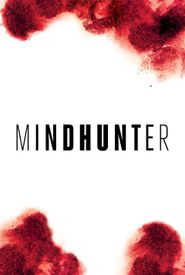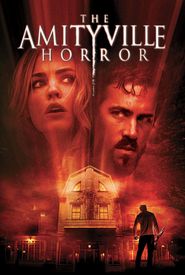Andrew Douglas, a British director of notable distinction, embarked upon his professional journey within the esteemed photographic studio of Lord Snowdon, a renowned photographer in his own right, where he gained valuable experience and honed his skills under the guidance of a master of his craft, Lord Snowdon, a photographer celebrated for his extraordinary talent and impressive portfolio, which showcased his ability to capture the essence of his subjects with unparalleled precision and artistry.
As the years unfolded, Douglas's professional journey underwent a significant shift, as he transitioned from a successful career as a magazine photographer, having contributed to renowned publications like Esquire and The Face, to exploring the creative realm of music videos and commercials, where he was able to further develop his unique style and artistic perspective.
The year 2003 marked a significant turning point in Douglas's career, as it was during this time that he released his documentary, Searching for the Wrong-Eyed Jesus, which would go on to receive widespread critical acclaim and recognition. This esteemed documentary would not only showcase Douglas's exceptional storytelling abilities, but also his remarkable capacity to captivate audiences and transport them to a world of unique and fascinating perspectives.
The documentary's impact was further solidified by its receipt of a prestigious Royal Television Society award, a testament to Douglas's unwavering dedication to his craft and his unrelenting pursuit of excellence. This recognition would not only serve as a validation of his hard work and talent, but also as a source of inspiration for future projects and endeavors.
Through Searching for the Wrong-Eyed Jesus, Douglas demonstrated his ability to craft a narrative that was both thought-provoking and visually stunning, weaving together a complex tapestry of themes and ideas that would leave a lasting impression on all who had the privilege of experiencing it.
Douglas's entry into the realm of feature filmmaking unfolded with the 2005 release of The Amityville Horror, a spine-tingling remake of the iconic 1970s horror classic, which exemplified his remarkable aptitude for crafting suspenseful and petrifying cinematic experiences that left audiences on the edge of their seats, their hearts racing with anticipation and their senses heightened in anticipation of the terrifying events that were to unfold on the screen.






















